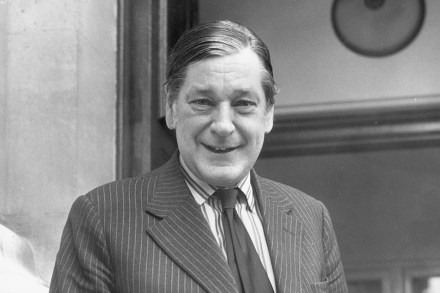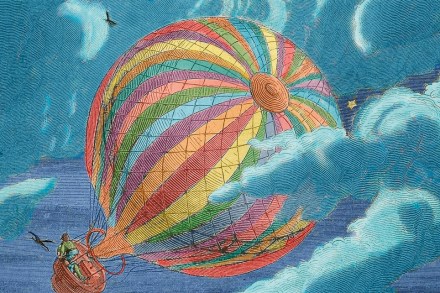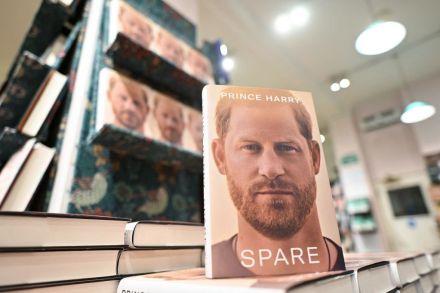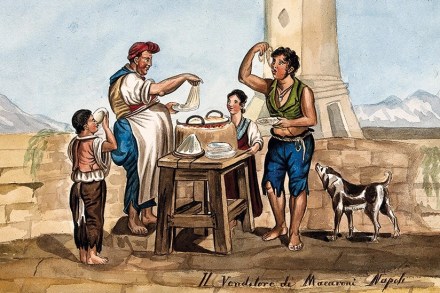Was the closure of the grammar schools really such a tragedy?
More from BooksIn 1959, the public (i.e. private) schools were responsible for 55 per cent of the Oxbridge intake. By 1967 they were down to 38 per cent, with the majority of places going instead to the grammar schools. Four years later Anthony Sampson welcomed how ‘the trickle of grammar school boys to Oxbridge has turned into






























